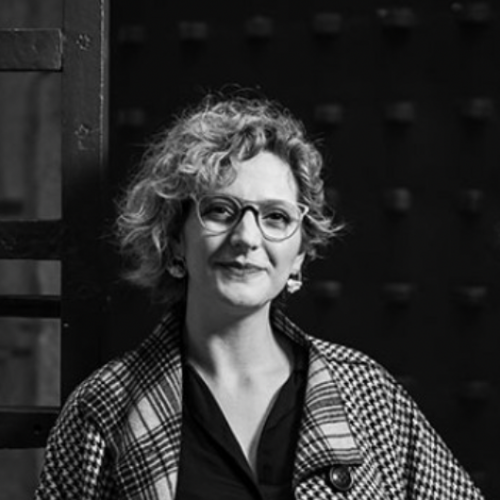(past) Editorial notes
I recently travelled to Budapest to take part, as a trainer, in a workshop designed by CEPOL and exclusively dedicated to the fight against environmental crimes being developed in Europe. Participants were law enforcers from different countries, judges and prosecutors, representatives of EUROPOL and OLAF, and many others. The week was packed with work, but I still found the chance to reminisce on the ESC conference that I had attended in that same beautiful city, 10 years ago.
I admit I had to search the program of EUROCRIM2013 for what it was that I had presented, as I kept more memories of beautiful bridges and the ever-lasting blue Danube, than of the content I delivered. Both presentations were historical analyses: one was on the birth of Criminology in Portugal, the other on Portuguese criminal policies. Back then I was highly involved – under the supervision of Cândido da Agra - in the historical and epistemological research on (mainly Portuguese) Criminology. I taught about it for years and published some papers but ended up abandoning this particular field of inquiry. However, historical and epistemological research taught me about the importance of analysing social and historical structures and processes, and about the importance of continued questioning of the scientific status of any given discipline – particularly of Criminology, with its fluid frontiers, adaptable concepts, rapidly changing topics and varied methodologies.
Garland (1997) argues that Criminology emerged from the convergence of two parallel endeavours: a scientific project driven by Lombroso and his promise of identifying the “criminal man”; and a governmental, administrative project put forward by states and law enforcement that needed scientific evidence and support for their crime control practices. As Gualco shows in this issue, Lombroso’s initiative managed to put Italy at the forefront of the production of scientific evidence about individuals deemed criminals. And criminological research being developed in Italy is keeping its vitality. Gualco’s piece and the participation of Italy-based criminologists in the annual conferences of the ESC show it very clearly. Simultaneously, Boers suggests that fear of crime may be correlated not only with crime trends but with other social anxieties as well, implying the need for broader political and administrative responses. Moreover, the 2022 secretariat report clearly demonstrates the sheer number of ESC members and participants in its annual conferences, as well as the worldwide breadth of Criminology. The plethora of ESC activities – including awards, EJC publications, working groups – indicates not only the sheer quantity but high quality as well of Criminology in Europe.
In his text, Garland also states that Criminology is contingent, that it may disappear the day the two projects (the scientific and the governmental) cease to be mutually supportive. The numbers proving the ESC vitality, and the experience I had recently at CEPOL, make me confident that there are still numerous fruitful and relevant encounters of the scientific project, promised by Criminology, with the law enforcement and policy-making project, as stated by Garland. Green Criminology and criminologists researching environmental crime, for instance, are particularly well placed to support law enforcement in diagnosing, developing tools for crime fighting, and assessing outcomes of judicial and cooperation mechanisms, as well as estimating harms and providing support for awareness-raising campaigns. Obviously, there are no “criminal men” recognisable by their physiognomic and psychic traces. Environmental offenders, on the contrary, are frequently networks, groups, organisations and companies, communities, entire societies, or states (Faria, forthcoming). But Criminology is still required to produce evidence on harm production, crime commission and victimisation, as well as to support, improve and assess crime control practices, as Sollund clearly demonstrates in her piece on the current issue.
I am sure that EUROCRIM2023 in Florence will be the perfect venue to bring the ever-growing historical accomplishments of Criminology together with research and reflections that will pinpoint research questions for the foreseeable future of Criminology. I know we are all looking forward to meeting again in September of 2023!
References:
Faria, R. (forthcoming, 2023). Offenders of Environmental Crimes. Oxford Research Encyclopedia of Criminology (online)
Garland, D. (1997). Of crimes and criminals: the development of Criminology in Britain, in Mike Maguire, Rod Morgan, Robert Reiner (Eds.), The Oxford Handbook of Criminology (2nd edition). Oxford: Oxford University Press
